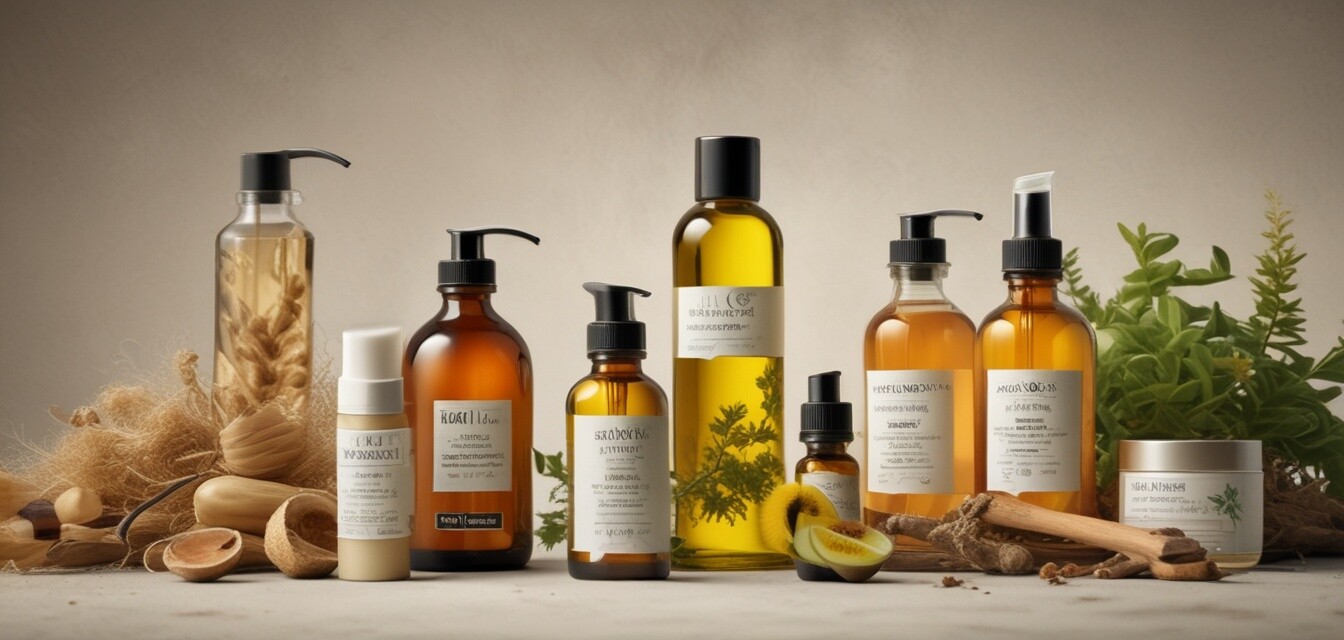
Trends in Organic Beauty for Black Consumers
Key Takeaways
- The demand for organic beauty products is significantly increasing among Black consumers.
- Brands that focus on natural ingredients are more appealing to health-conscious consumers.
- Understanding the specific needs of Black skin and hair is vital for product effectiveness.
- Transparency in ingredients is a priority for consumers looking for organic options.
- Community and cultural ties influence purchasing decisions in the Black beauty industry.
The beauty industry is witnessing a significant shift toward organic products, particularly among Black consumers. This trend reflects an increasing awareness of the ingredients in beauty products, the impact of these ingredients on health, and an emphasis on sustainability. In this article, we will explore the growth of organic beauty products and the brands that are at the forefront of this natural movement.
The Rise of Organic Beauty Products
Organic beauty products have surged in popularity over the past few years. As consumers become more educated about the harmful chemicals often found in traditional beauty products, they are leaning towards options made with natural ingredients. This shift is particularly prominent among Black consumers who have unique skincare and hair care needs.
Factors Driving the Shift
- Health consciousness: Many consumers are looking for products that do not contain harsh chemicals that might disrupt their skin or hair health.
- Environmental awareness: Sustainability is becoming a priority, leading consumers to choose brands that prioritize eco-friendly practices.
- Cultural relevance: Brands that cater specifically to the needs and challenges faced by Black consumers are gaining traction.
Leading Brands in Organic Beauty
Several brands have embraced the organic beauty trend, providing products specifically formulated for Black consumers. These brands not only meet the demand for organic ingredients but also include formulations that cater to the specific needs of melanin-rich skin and hair.
| Brand | Focus Area | Popular Ingredients | Target Audience |
|---|---|---|---|
| Brand A | Skin Care | Shea Butter, Aloe Vera | All skin types |
| Brand B | Hair Care | Coconut Oil, Jojoba Oil | Curly and textured hair |
| Brand C | Makeup | Mineral Pigments, Natural Oils | Women of color |
Consumer Preferences and Trends
Black consumers are increasingly selective when it comes to beauty products. They are looking for brands that understand their unique challenges and offer solutions that deliver real results.
What's Important to Black Consumers?
- Ingredient Transparency: Consumers want to know what they are putting on their bodies.
- Diversity in Shade Range: A wide variety of shades for all skin tones is essential in makeup products.
- Adaptability: Products that work for multiple skin and hair types are more desirable.
- Cultural Connection: Brands that resonate culturally are often favored.
Emerging Trends in Organic Beauty
As organic beauty continues to grow, new trends are emerging that cater to the Black community. Here are some key developments to watch:
- Multi-Use Products: The demand for versatile products allows consumers to simplify their beauty regimes.
- Localized Ingredients: Products made from locally sourced ingredients that reflect cultural heritage.
- Personalization: Beauty products tailored to individual skin and hair needs are becoming more prevalent.
- Community Engagement: Brands that engage with consumers through social media and events are building loyal followings.
Conclusion
The growth of organic beauty products among Black consumers is a significant trend in the beauty industry. With a focus on health, sustainability, and cultural relevance, brands that understand and cater to the unique needs of Black consumers will lead the way. As awareness continues to grow, so too will the diversity and availability of organic beauty options.
Pros
- Healthier skin and hair through natural ingredients.
- Support for sustainable and eco-friendly practices.
- Catering to specific needs of the Black community.
Cons
- Higher cost compared to conventional products.
- Availability may be limited in some areas.
For more on the latest beauty trends, check out our News and Trends section!